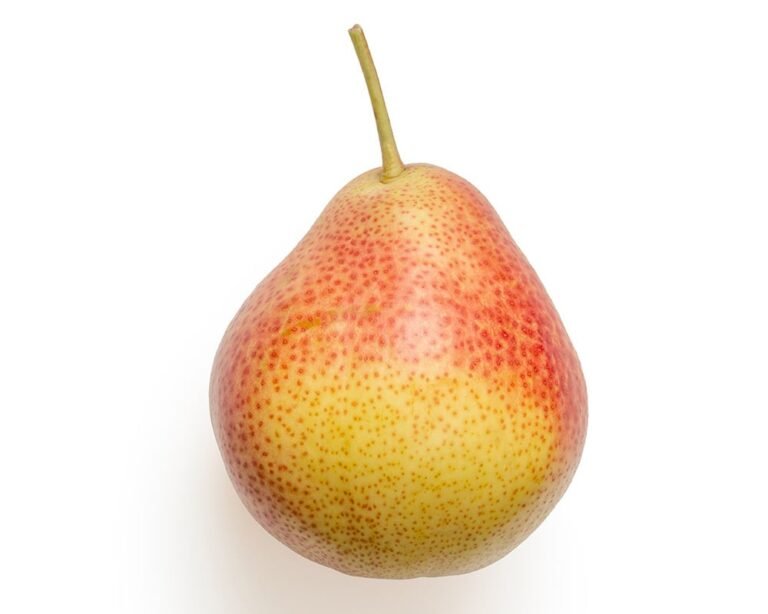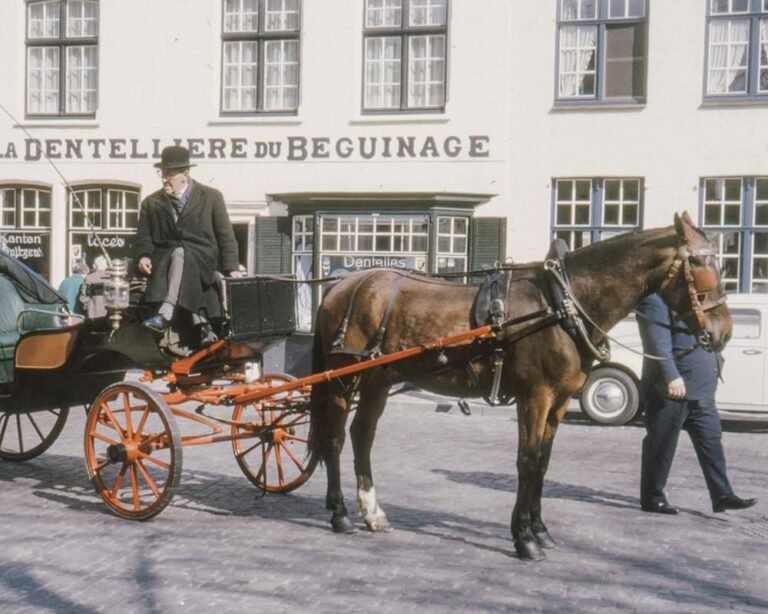Christmas
The French word for Christmas is “Noël.” It is a masculine noun, but you don’t have to use the article “le” before it, in most situations.
“Christmas time” is “la période de Noël.” If you want to say “at Christmas,” it is simply “à Noël.”
To wish someone “Merry Christmas,” you say (or write) “Joyeux Noël !”
“Christmas” used before a noun (in English) is “de Noël.” So a Christmas present is “un cadeau de Noël.” A Christmas cake is “un gâteau de Noël.” A Christmas carol is “un chant de Noël.” A Christmas decoration is “une décoration de Noël.” Christmas holidays are “les vacances de Noël.” Christmas lights are “des illuminations de Noël.” A Christmas tree is “un sapin de Noël,” “un sapin,” or “un arbre de Noël.” “Un sapin de Noël” is the most common term and means “a fir tree of Christmas.” A Christmas stocking is “une chaussette de Noël” (literally “a sock of Christmas”). Christmas Day can either be “le jour de Noël” or just “Noël.” Christmas Eve can be said in one of two ways: either “le réveillon (de Noël)” or “la veille de Noël.” A Christmas wreath is “une couronne de Noël” (literally “a crown of Christmas”).
However, a Christmas cracker is “une papillote surprise.” And a Christmas card is “une carte de vœux” (literally, a card of wishes). While the Christmas story is “l’histoire de la nativité (du Christ).”






